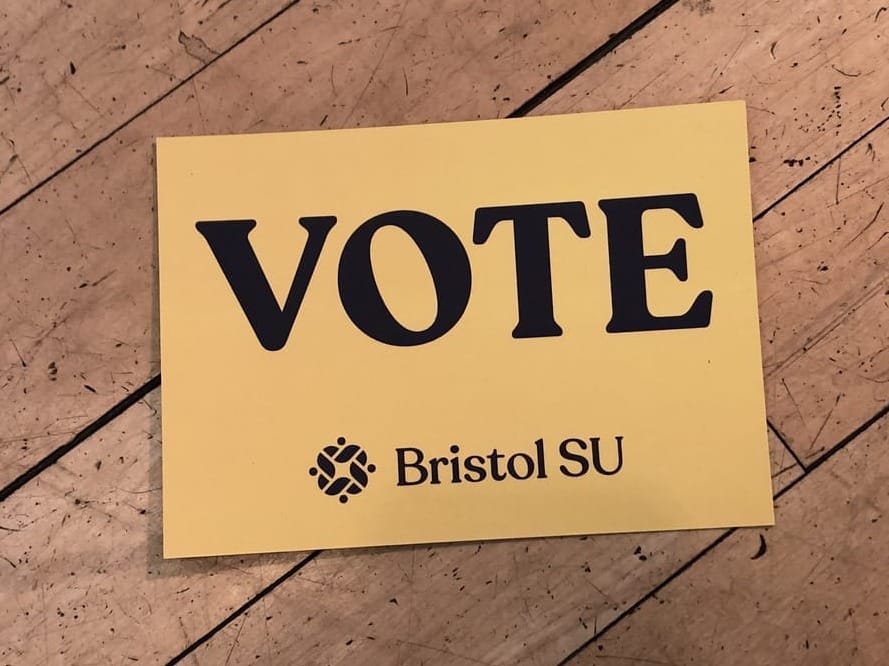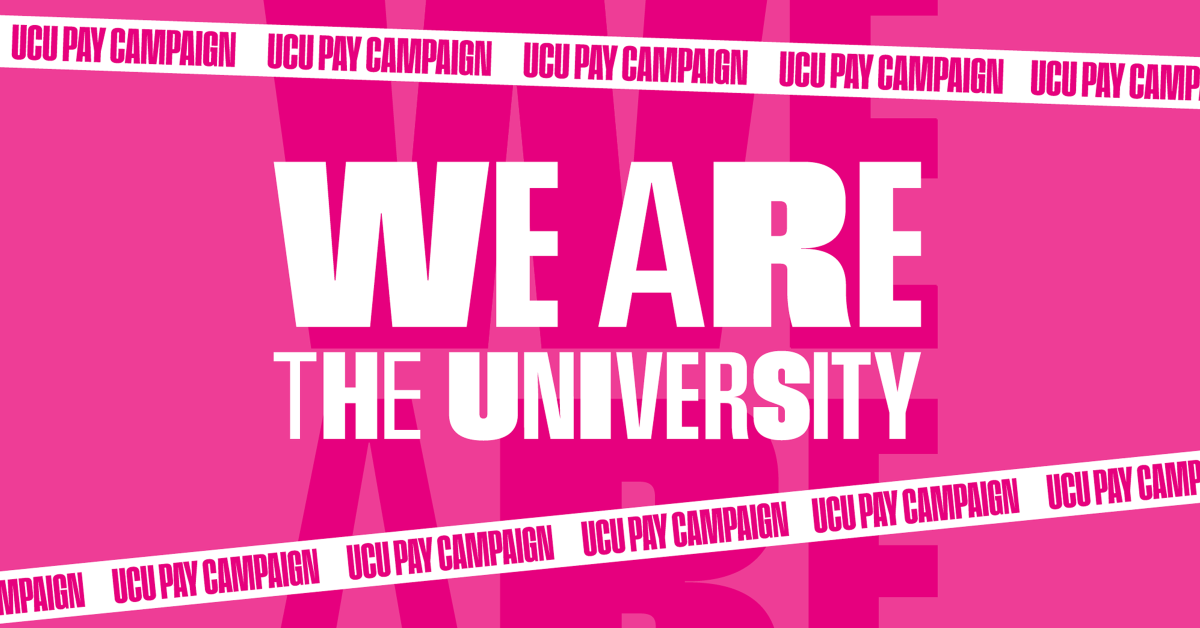By Louise Cripps, Investigations Editor
The University has not excluded or suspended any students involved in sexual offences over the past five years.
Epigram found 41 reported cases of sexual offences since the 2014/15 academic year. In 38 of these cases the perpetrator was a fellow University of Bristol student. Two cases were recorded as unknown. Only one of the perpetrators was not a Bristol student.
Of these cases no student was suspended or expelled on account of their action. Of those reported, 21 were accusations of rape or attempted rape.
In 25 of the 41 cases, a Non-Contact Order, an act which prohibits the assailant from having any contact with the alleged victim, was issued. Statistics show that the issuing of these orders has increased across the five-year period. A University spokesman explained ‘increasingly, we are issuing non-contact orders to protect both parties.’ If such an agreement is breached, ‘it can result in suspension or expulsion’.
In only two cases did the University implement a punishment more severe than a non-contact order. Both of these occurred in the 2014/15 academic year. In one case, in which the perpetrator was convicted of sexual assault in court, the student was cautioned and excluded outside of office hours.
In only two cases did the University implement a punishment more severe than a non-contact order.
The caution meant that no immediate punishment was imposed, but if the student was found guilty of misconduct on a subsequent occasion, then both offences would be dealt with. In the other case, a student accused of sexual harassment and stalking was excluded from the site, but not expelled. The court decision was recorded as unknown.
In two further cases, one in 2015/16 and the other in 2017/18, the students accused left the University voluntarily. In one further case in 2015/16 the student left university on account of a court order, not as a result of disciplinary measures carried out by the University.
Equality, Liberation and Access Officer Sally Patterson commented, ‘the University’s procedures for dealing with allegations of sexual misconduct are not fit for purpose. It's time for significant change, rather than tinkering with a broken system.’
In response, a University spokesman said: ‘the protection and welfare of any student who comes forward with a complaint of this nature is paramount.’
‘Although criminal investigations and proceedings will be carried out by the police, the University has a robust procedure to consider whether any disciplinary rules have been breached.’
‘The University’s procedures for dealing with allegations of sexual misconduct are not fit for purpose. It's time for significant change, rather than tinkering with a broken system.’
Sexual survivors responding to the Student Union’s ‘Let’s talk about sex survey’ generally indicated that action taken by the University was insufficient. One student felt the University should have separated them from seeing their perpetrator every day. Another explained that ‘since the perpetrator was a student on my course, I was unable to attend many lectures, and had to ask that I take my exams in a separate venue’.
Revolt Sexual Assault, a campaign founded by Bristol Alumni Hannah Price, carried out a survey which investigated the impact on university life for a survivor. This study indicated the same issue. A quarter of respondents who had experienced sexual violence said that they had skipped tutorials and lectures, or dropped modules to avoid their perpetrators. 16% suspended their studies or dropped out altogether.
Sexual consent row as feminists accuse Bristol University of downgrading workshop to online quiz https://t.co/FrTN7gvope
— The Telegraph (@Telegraph) September 27, 2017
Students responding to the Student Union survey also reported that the presence of their perpetrator had affected their social life. Several students expressed a concern with going to certain venues for fear of seeing their assailant. On the whole, students indicated a desire for the University to be more supportive and believe victims when they come forward.
The University holds the right to punish those convicted more severely. The Student Disciplinary Regulations include the power to fine, enforce community service, exclude, suspend and expel those found guilty of criminal conduct.
‘It will take time to regain students' trust in a system which has let down so many of their peers. It’s time that the University turned their zero-tolerance pledge into action.’
If cases are reported to the police, as were 26 of the 41 offences, the Vice-Chancellor has the power too suspend the student pending hearing or trial. Orders of suspension are used only when the Vice-Chancellor considers it ‘necessary to protect a member of the University community’. This order was issued in none of the reported sexual offences that went to trial.
The University also has the power to internally trial the accused by disciplinary committee. However, they are unlikely to take such action on a criminal case if a victim does not want to report the offence to the police. The Student disciplinary regulations states that ‘in such circumstance the University will not normally proceed with internal disciplinary measures for the offence’. Therefore, according to procedure, sexual offences where the victim does come forward to the police are unlikely to be internally disciplined.
Patterson noted: ‘It will take time to regain students' trust in a system which has let down so many of their peers. It’s time that the University turned their zero-tolerance pledge into action.’ She hopes this change will come with the introduction of the new Sexual Violence Working Group and partnership with Limeculture.
A University spokesman has explained the University’s new approach to reports of sexual violence, stating: ‘We are working collaboratively with our staff, students and independent experts to ensure that all aspects of our approach – from policy, procedures, reporting and support for those affected – are as robust as possible and that all students and staff know where and how they can access help.’
Featured image: Cameron Scheijde / Epigram
Is the University doing enough to help victims of sexual assault?









